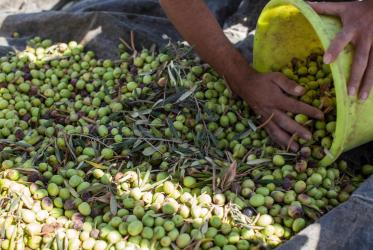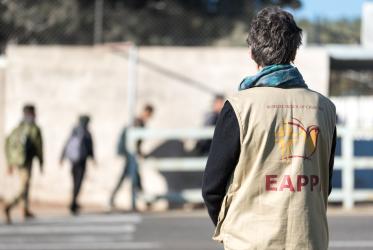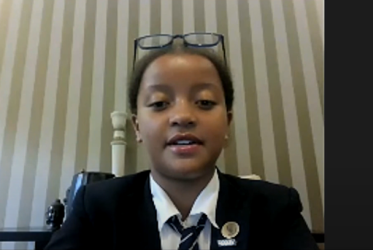WCC Human Rights programme
This guide aims to raise awareness in churches and church communities of the catastrophic condition of obstetric fistula—a childbirth injury usually caused by prolonged, obstructed labour without timely medical intervention. Obstetric fistula can have devastating physical, emotional, and economic consequences for women and can even result in permanent disability.
It introduces readers to obstetric fistula and explains why churches need to be concerned. It discusses how churches can help prevent the condition from occurring in the women in their congregations and local communities. It also offers practical and emotional support and encouragement to those who are suffering with obstetric fistula. Finally, this guide outlines the advocacy work being done and suggests some actions churches can take.
Available for download in English, Portuguese, and Malagasy.
26 October 2023
















